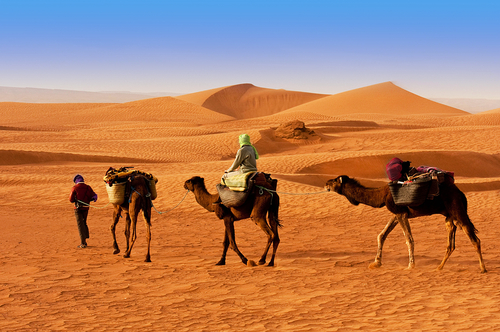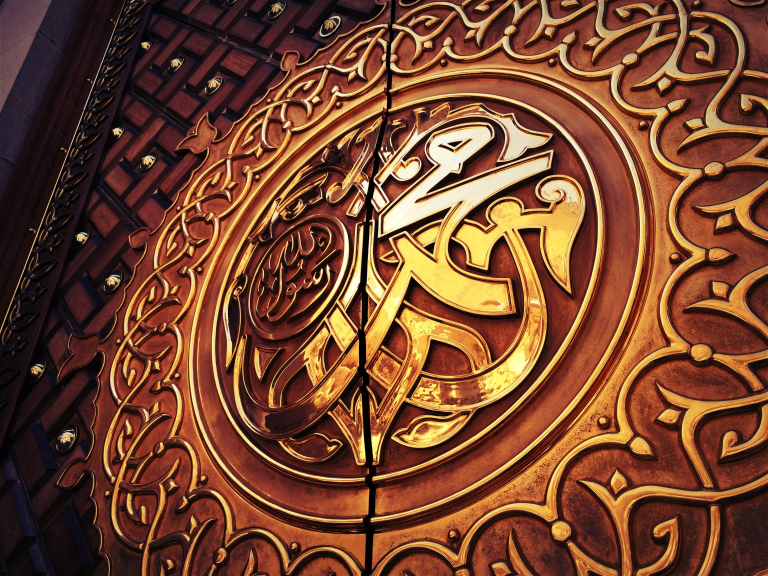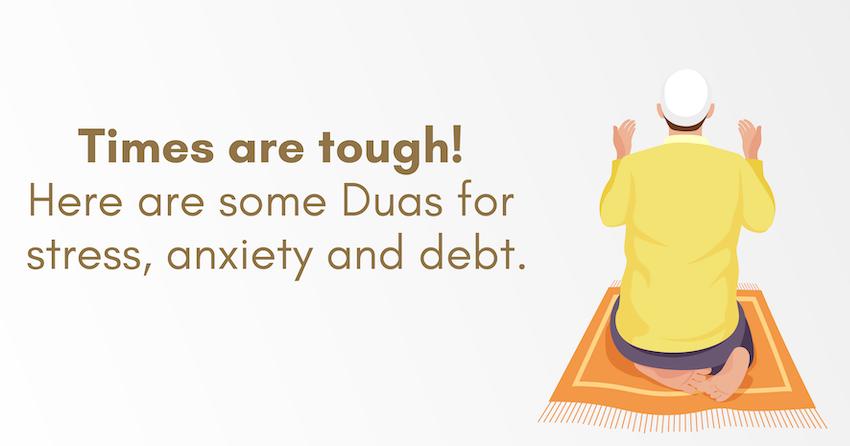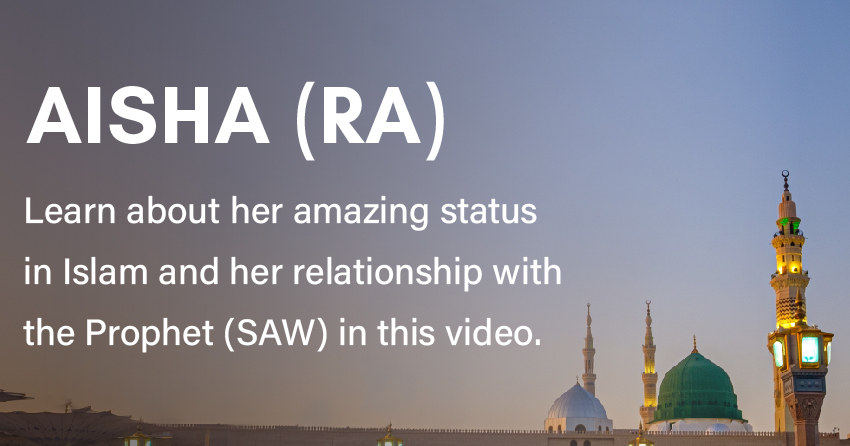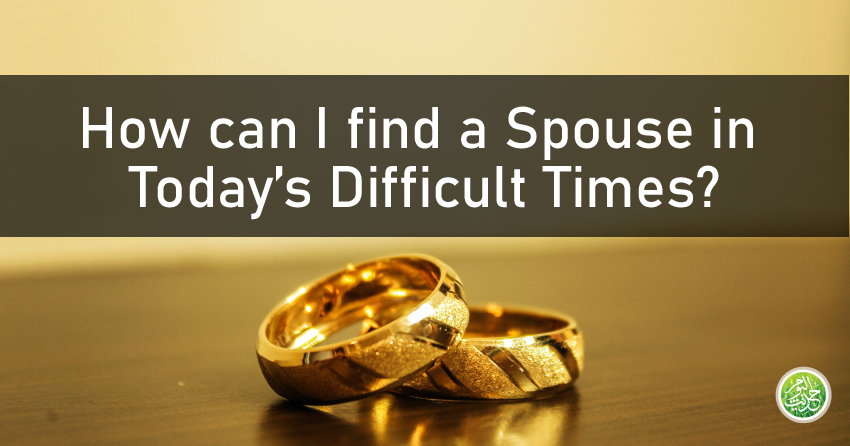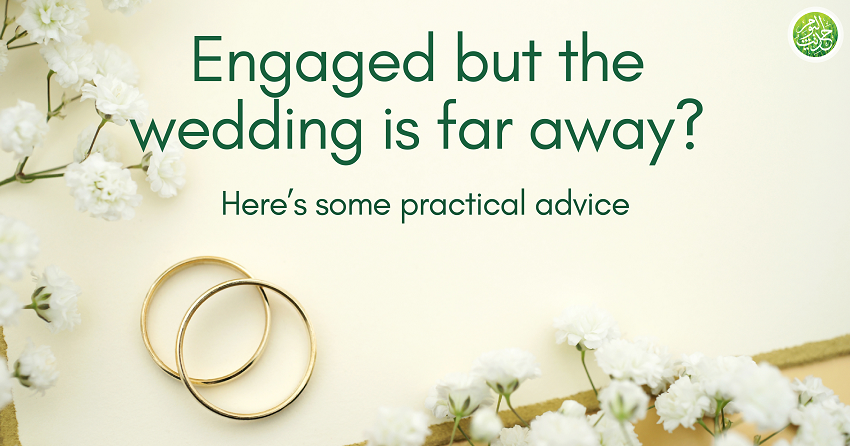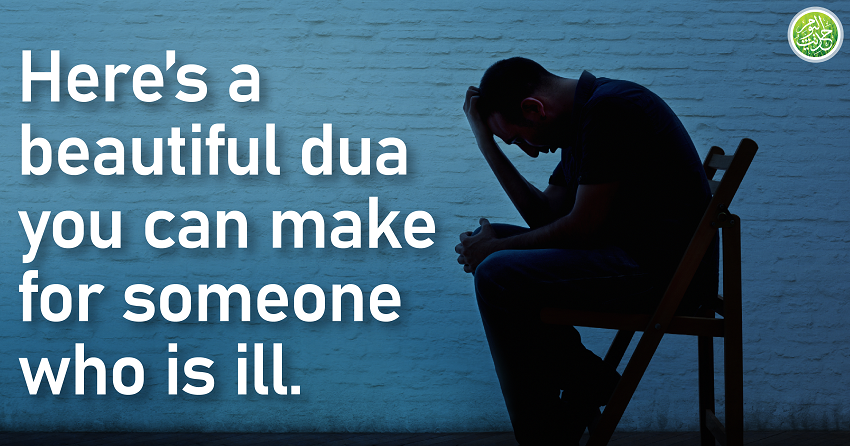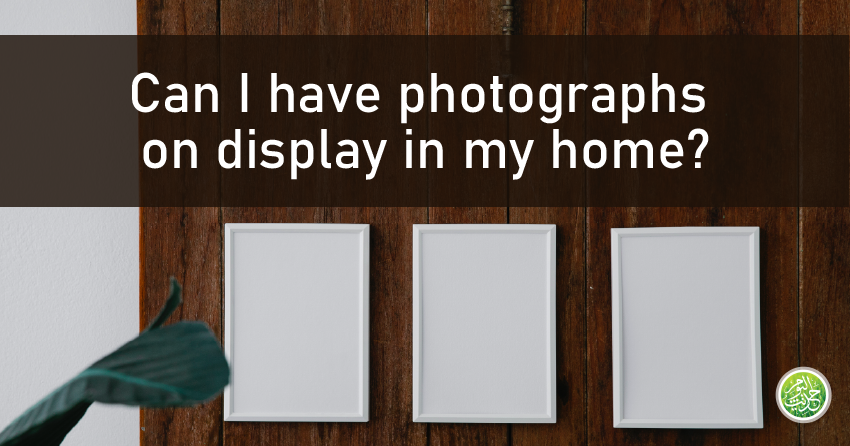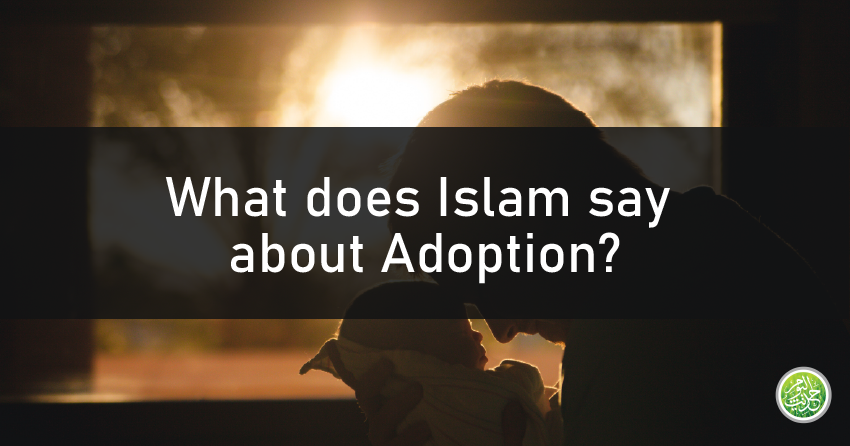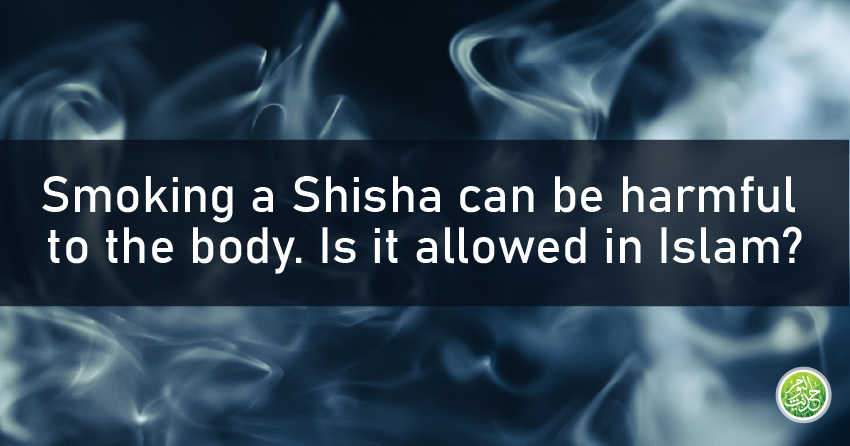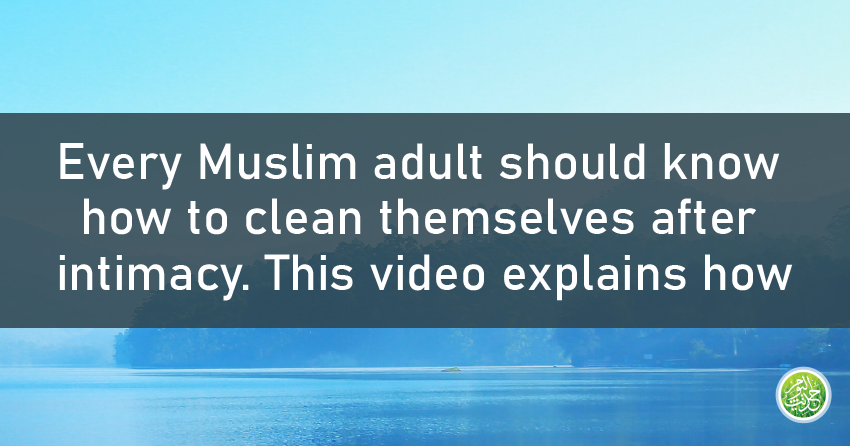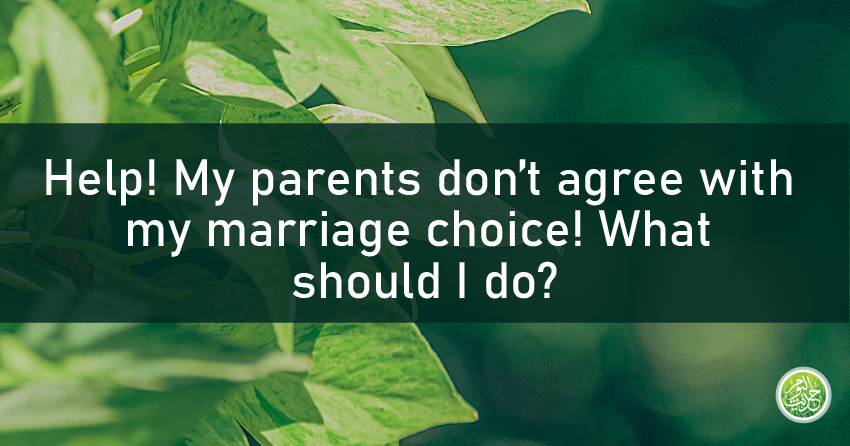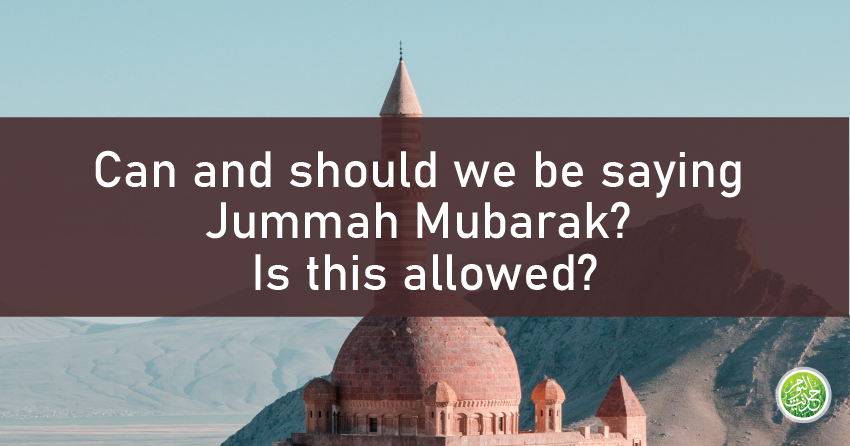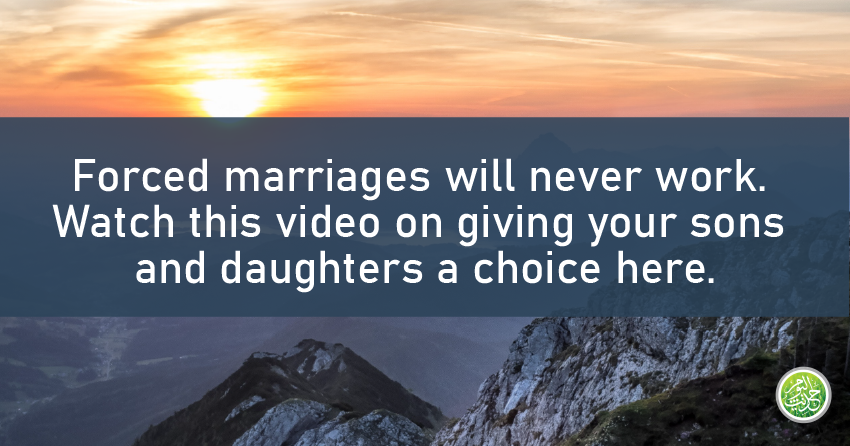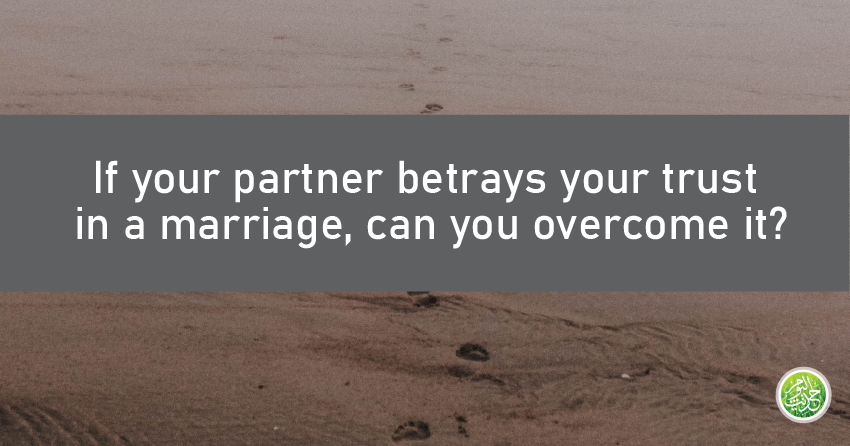Know Thy Self: Opinion on Hajj Selfies by Suhaib Webb

Question:
It seems every week there is a new internet conflict. Over the last few days, people criticized me for posting my Hajj selfies. What is your opinion about this?
Answer:
That is a sad question, and I find it strange that people have the time to look at other people’s pictures and criticize them. With that being said, I will address this issue from four perspectives:
- Are pictures forbidden?
- Principles for understanding texts.
- The importance of collective good.
- Intentions should be left to Allah alone.
Are Pictures Forbidden?
Some may censure others from taking pictures because they believe that taking pictures is forbidden, invoking the “consensus” of the scholars. While it’s an opinion held by some scholars, there is certainly no consensus that taking pictures is forbidden. Al-Azār and other religious bodies, as well as the bulk of scholars, consider pictures allowable, as long as the picture does not present something evil.
Misuse of a Famous Text
Folks may mention the prophetic tradition in which he ﷺ (peace be upon him) curses those who “mold idols.” That is understandable because the word for idol making and the word for photography are the same in Arabic (taswīr). However, their meanings are different. During the time of the Prophet, taswīr meant to mold idols. Today, it means photography. Sadly, this reflects a person’s ignorance of the principles for iftā (the craft of issuing fatwa), the rules for interpreting texts, and his/her knowledge of Arabic.
An Important Axiom and Its Application
One of the most important axioms that guide the craft of issuing a ruling is, “Concern is given to the meaning, not the name.” This axiom has four applications:
- Something declared harām (unlawful) in the Prophet’s lifetime stays forbidden, even if someone changes its name. For that reason, the Prophet ﷺ said, “Towards the end of time, a group from my community will seek to make alcohol permissible, calling it by a different name.” Thus, even though later generations changed the name, it is still forbidden because of its substance. The name is a non-factor!
- Something that was permissible during the time of the Prophet ﷺ then later generations gave it a name of something forbidden. That stays permissible, because concern is for the substance, not the name.
- Something unknown during the life of the Prophet ﷺ, if understood to be forbidden by the scholars, stays forbidden even if later generations named it after something permissible.
- Something that was not known during the time of the Prophet ﷺ that is permissible remains as such, even if later generations named it after something forbidden. An example of this would be qahwā (coffee) which was originally the name for an ancient intoxicant.
Photography falls under the fourth category because it did not exist during the time of the Prophet ﷺ. Using statements of the Prophet ﷺ as if they are referring to what is understood today as meaning taswīr is equivalent to putting meanings in the mouth of the Prophet ﷺ!
An Example That Illustrates this Error
In the twelfth chapter of the Qur’an, the word sayyārah is found. Today, the word siyyārah means a car. At the time of revelation, it meant travelers.
“And there came a company of travelers; then they sent their water drawer, and he let down his bucket. He said, “Good news! Here is a boy.” And they concealed him, [taking him] as merchandise, and Allah knew of what they did.” (Qur’an, 12:19)
Based on the logic of those who take the word of the Prophet ﷺ used for idol making to imply its contemporary meaning of photography, the above verse would be interpreted as:
“And there came a “Lexus, BMW, Mercedes (any car)“; then they sent their water drawer..”
Shaykh Muhammad al-Shanqiti wrote “Photography did not exist during the era of the Prophet ﷺ or the great scholars of Islamic Jurisprudence. It became an issue afterwards. Thus, the sacred texts that the word taswīr appears do not imply what we know today as photography. That, because the word taswīr used during the Prophet’s time implied what it meant in that context: idols made of stone, clay, wood or drawn by hand. Thus, whoever explains the word used by the Prophet to mean photography has interpreted the sacred texts without their correct meanings, contexts and has spoken about Allah without knowledge.”
Another Axiom: A Conflicting Purposes Renders Analogy Problematic
One of the major sources of Islamic Law is qiyās. Qiyās was defined by al-Qādi al-Baydāwi as, “Connecting an act that has no ruling, to an act from the scared sources that has a ruling, because of a shared purpose.” What is important to us is the last part of his definition, “a shared purpose.” This means that if the traits are different, then the ruling from the sacred sources cannot be matched to the act that has no ruling. In the case of taswīr (idol making), we find that the reasoning for its forbiddance during the time of the Prophet ﷺ was “emulating (mudāha) creation,” and in other narratives, for explicit forms of worship. When we think of photography today, that is not its purpose. In fact, the general purpose of photography is to remember and recall things. Thus, this is an illogical analogy for which a ruling is not applied.
The Name is Debatable
Shaykh ‘Abdūl Halīm Mahmūd stated that photography should not be called taswīr but “capturing an image,” because photography is “capturing light, not molding an image from clay or drawing one.”
Hajj Selfies
As for Hajj selfies, then there is nothing wrong because they are a form of remembrance of good: worshiping Allah alone, visiting scared places, love and fraternity, and acts of worship.
An axiom states that “Anything that does not contradict the sacred law and helps a person remember God is commendable.”
Allah says, “And we certainly sent Moses with our signs, [saying], ‘bring your people from the darkness to the light and remind them of the days of God.’” (Qur’an 14:5)
A cursory glance at the reliable works of Qur’anic tafsīr (exegesis) shows that scholars from the earliest days consider this verse an encouragement to recall God’s grace and his blessing. That was the opinion of Ibn ‘Abbās, Sufyān Imām Mālik and others.
Do Not Judge People’s Intentions
In that vein, taking pictures of sacred moments is commendable as long as a person’s intention is correct. The job of the rest of the community is to assume the best and encourage good. While pictures are a debatable act, questioning a person’s intention, or having an evil assumption about a person doing good is highly repugnant.
Finally, these images are important tools for da`wah (calling to Islam) to be shared with neighbors, co-workers and friends. In an age where there are so many bad images of Islam everywhere, I find it astounding that folks would blame positive efforts that humanize our community and our acts of worship.
Allah knows best,
Suhaib Webb
Proudly brought to you by Virtual Mosque, more Virtual Mosque can be found at https://www.virtualmosque.com/islam-studies/hot-topics/know-thy-self-opinion-on-hajj-selfies-by-suhaib-webb/#comment-399297
Since You’re Here… we have a small favour to ask.
In these extraordinary times, millions rely on HOTD for daily uplifting & inspiring content. Established since 2009 and with your kind support we’ve seen readers elevate their Imaan & strive for better on a daily basis. We’re committed to keeping our content freely available and open for all readers. Every contribution, however big or small, makes a difference and help us spread knowledge to millions daily
HOTD is something special, it’s a place where people can come to be inspired, to renew their faith, to learn and share knowledge, to fall in love with our faith and also our Prophet (peace and blessings be upon him and his family).
All content on HOTD is free. We believe what we do in this life builds for the next one and we work tirelessly with the aim to please Allah and inspire the global Muslim community as
well as providing information and inspiration for anyone interested in Islam. We simply cannot do this without your support and your support helps us continue our services.
If there were ever a time to join us, it is now. You can support HOTD and help sustain our future. Support Hadith of the Day and make a one-off donation or give regularly from as little as £10 a month Jazak’Allah Khayr – whatever you donate will come back to benefit you Insha’Allah as whatever is spent in the way of Allah is an investment in the future and the next life. Thank you.



